Our 3 Locations
Sleep Apnea Treatment
TAP Appliances Provide Relief From Sleep Apnea Symptoms
Sleep apnea is a disorder that causes sufferers to stop breathing during sleep. There are two types of sleep apnea , obstructive and central. The former can be managed using a Thornton Adjustable Positioner (TAP) provided by the doctors at Peak Family Dental Care a gentle, non-invasive sleep apnea treatment that can open your airway to allow proper breathing during the night. By improving sleep, you can also find relief from the widespread symptoms that negatively impact your daily life and affect your long-term health.
Contact Us
A Serious Condition
Obstructive sleep apnea (OSA) occurs when your airway becomes blocked repeatedly during sleep, depriving your body of vital oxygen. This blockage is typically caused when the muscles at the back of the throat relax while you are asleep, collapsing into the airway. For patients who sleep on their back, OSA may also be caused when the tongue falls to the back of the throat, narrowing or even obstructing the full airway. The continuous disruptions in breathing lead to interrupted sleep that can have various effects on the mind and body.

Symptoms of OSA
Insufficient sleep can lead to sleep apnea sufferers exhibiting symptoms including:
- Headaches in the morning
- Daytime fatigue
- Loud snoring
- Dry mouth or a sore throat
- Difficulty concentrating
- Mood swings
- Forgetfulness
- Sudden awakening
If you are regularly experiencing these symptoms, it may signify sleep apnea. You should consult your doctor to undergo an evaluation and determine whether you suffer from the condition or if there is another underlying cause.

Customized, non-invasive oral appliances can help you gain relief from sleep apnea.
The Importance of Seeking Sleep Apnea Treatment
Sleep is vital to proper bodily function. All phases of the sleep cycle are necessary to complete necessary bodily processes for optimal health, including muscle repair, memory consolidation, and hormone release. Forgoing treatment for sleep apnea can not only have a negative impact on your daily life but your long-term health. The effects over a lifetime can have significant consequences including a higher risk for:
- Heart disease
- Depression
- Stroke
- High blood pressure
- Obesity
- Heart attack
According to a recent study conducted by the American Academy of Neurology, ongoing inadequate sleep can also contribute to the development of dementia or Alzheimer’s disease later in life. All of these conditions are serious, and we strongly urge any patients who suspect they may suffer from sleep apnea to seek treatment.

Treating OSA
We typically see patients who have already completed a sleep study and have found that they are CPAP (continuous positive airway pressure) intolerant. During your consultation, we will review your sleep study results and screen your oral health to ensure that you are compatible with oral appliance therapy. Our doctors will use a cone beam scanner to examine the airway and temporomandibular joints (TMJs). If it is determined that you are a suitable candidate for an oral device, we will take measurements and impressions of your bite to ensure proper fit and comfort.
Monitoring Your Progress
Typically, patients will return for a second visit after two weeks to ensure that their device is comfortably positioned. We also offer at-home screenings that allow patients to track their progress after 90 days. The results of your screening allow us to determine whether your TAP appliance is improving your condition or if adjustments need to be made for increased effectiveness. Regular follow-up appointments can also be made as needed if you feel that your TAP appliance is not the best solution for you.
Talk to a Sleep Apnea Dentist
Visit us at one of our locations today.
